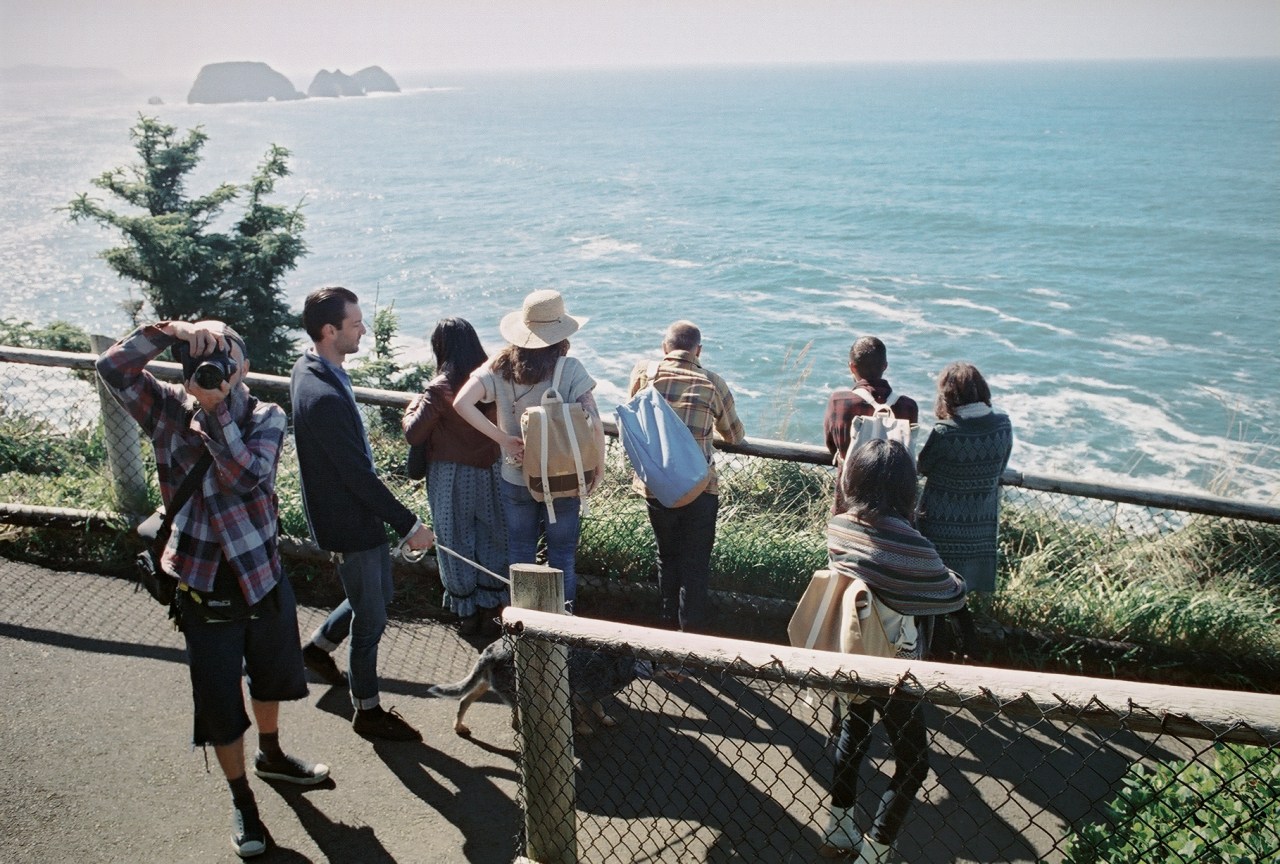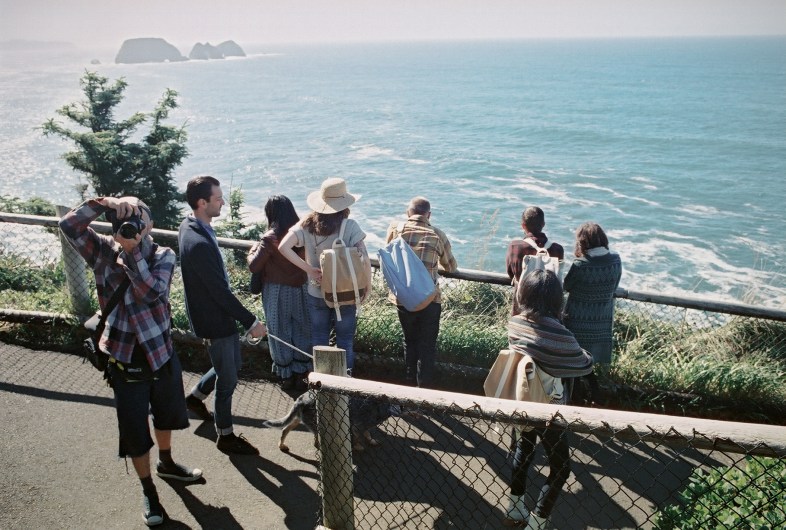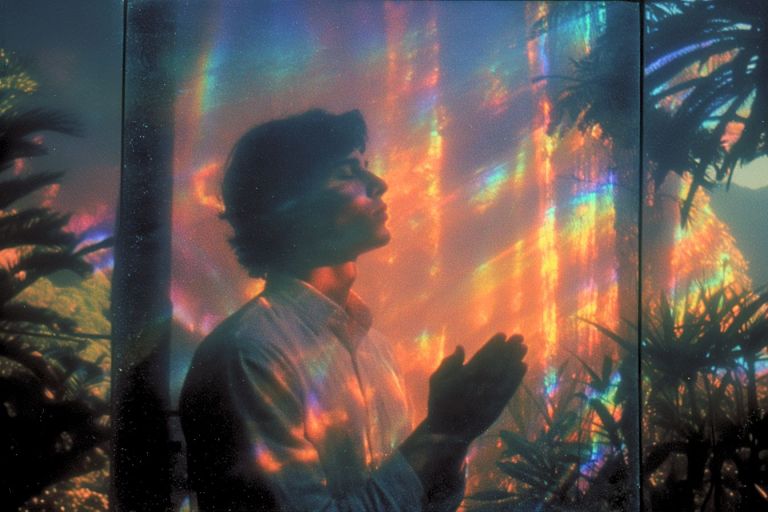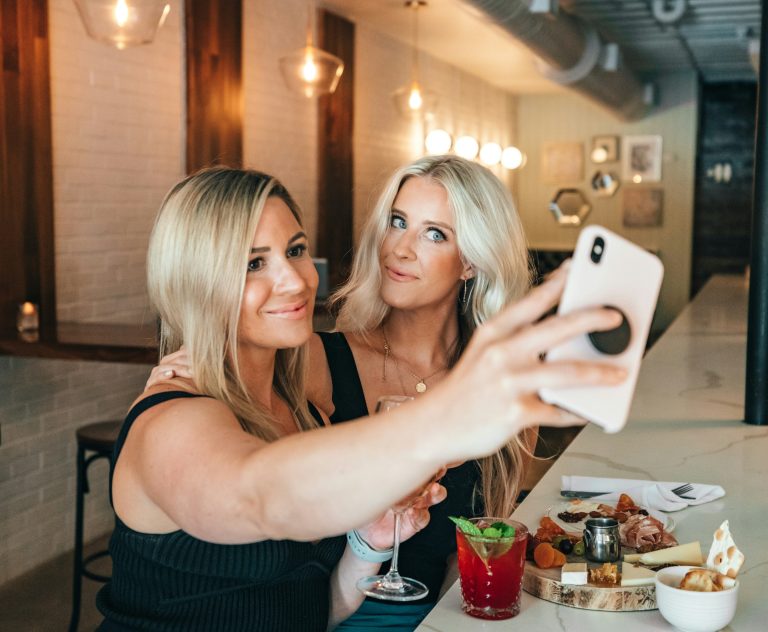
16 Things You Realize When You Travel While You’re Young

1. How much harder you make things in your head. Getting on a plane and navigating your way through unknown streets of a foreign country, mentally converting currency, financing and not just surviving a trip, but actually experiencing something great, seems like the most daunting thing… until you do it. You gain this new, unprecedented sense of ability and freedom. You realize your big fears were unfounded and your little ones start to disappear too.
2. How bittersweet it is to return home. Your hometown is never as endearing as when you couldn’t go back for a few weeks or months, but sooner or later, your return is accompanied by well-meaning friends and relatives wondering what’s next, where you’re headed, and why you went in the first place if it doesn’t seem to them to be the most responsible decision. Those first few days of still living out of a suitcase start to feel like the crash after the high, especially if you’re temporarily jobless and broke from the trip.
3. That it’s more important to appreciate the things you can’t document. There are some things (really, many things) that photos won’t do justice. More importantly, you don’t do yourself justice when you see your entire trip through an iPhone screen. You eventually have to stop trying to preserve and eternalize things, stop trying to show them off to other people, and just let what you see serve little purpose other than to be admired. What you figure out when you do that — what you feel, what you realize you just inherently know — tends to be the stuff that lays the foundation of what you return knowing you should do next.
4. Why you need nonverbal communication. While you’re gesturing your way through restaurant menus and directions to local bodegas and restrooms you realize body language accounts for so much of how we understand one another, and you become evermore aware of that when it’s the only thing you have to work with.
5. And more importantly, your instinct. Everything from the initial feeling that there was something out there you had to see to which street to turn down when it’s dark and you’re accidentally by yourself are moments in which you hone in on your instinct. It’s much more important to rely on them in these circumstances than it normally is, and so when you learn to trust it, the little voice inside starts growing larger.
6. The appeal of minimalism. There’s nothing that’s more irritating than having to lug around bags that you can barely carry. Between lifting them onto shelves on buses and trains and in overhead compartments to simply getting around cabs and streets, you very quickly start to realize that there are very few things you really need. (You sorely understand this best when you’re cursing and tossing away all the unnecessary crap you struggle to carry around for no reason at all.)
7. The fact that the most important people in your life will come in unexpected ways and at unexpected times. There are two kinds of friendships: ones that you form out of convenience, and those you maintain — despite being wildly inconvenient between time zones and work schedules and everything else — because the one person you met for an hour on a train ride you genuinely clicked with. These are the ones that matter, and you can’t predict them. You can’t set out with the intention of finding them, it just happens, and it means more than you can understand until you’ve felt it firsthand.
8. That your comfort zone is only an illusion. It’s really not a matter of breaking it; it’s realizing it was only ever in your head to begin with.
9. That you may have started traveling because you thought it was a “now or never” thing, but the more you do so, the more you realize that’s not true. You start to see that settling down is an option (not a requirement) and means different things to different people. You don’t have to get a full-time job and have a child and then forevermore be bound to your cape in the suburbs. There are so many different kinds of jobs out there, many of which that will allow you to telecommute from wherever you’d like. Not to mention the fact that if you have paid vacation, you can take it. You can take kids with you too.
10. The way you were raised isn’t the only way. Immersing yourself in one culture shows you that the standards you’re holding yourself to are subjective.
11. … And there are no “should be’s.” The “must sees” for one person aren’t the same for another. You aren’t any more or less travelled than someone else because you haven’t seen Italy or Amsterdam yet. This isn’t a checklist that every person who sets out to explore has to complete before they can consider themselves accomplished.
12. What you need more of in your regular life. What are the similarities between the places you most wanted (or want) to visit? What is most appealing about them? These things will show you a mix of what you love and what you aspire to experience more of. So when you figure out what those things are (a more relaxing lifestyle, seeing a monument or piece of art, etc.) you can learn to incorporate them into your life even when you aren’t traveling.
13. What you want to return to, what home is. What and who you miss while you’re away can sometimes surprise you. “Home” no longer means what it used to. Home is a country, home is your best friend, home is your own bed, home is your favorite restaurant.
14. There’s always a reason not to go. If you’re searching for a reason, you’ll find one. Or really, many.
15. How little you know. You don’t know what you don’t know, and that in itself is a fascinating thing to consider, but even more is when you start realizing the expanse of what you don’t know you don’t know. I’m talking about towns in countries you’ve never heard of; concepts your native language doesn’t have words for. The things you bring back having known. Your mind’s eye of what your life means suddenly takes place in a greater picture.
16. How to be alone with yourself. For an eight hour flight, at a café, while shopping in town, at dinner, as the only person who speaks your language in the whole room. You learn how to love yourself. How to take care of yourself. How to listen to your body and what it needs and what you need to carry with you to give it that. What comforts you, what makes you feel alive, what makes you go back for more. You learn who you are once you leave the only contexts you once understood yourself in. You return to them with those preconceived notions entirely turned on their heads. And that, you realize, is the entire point. ![]()











